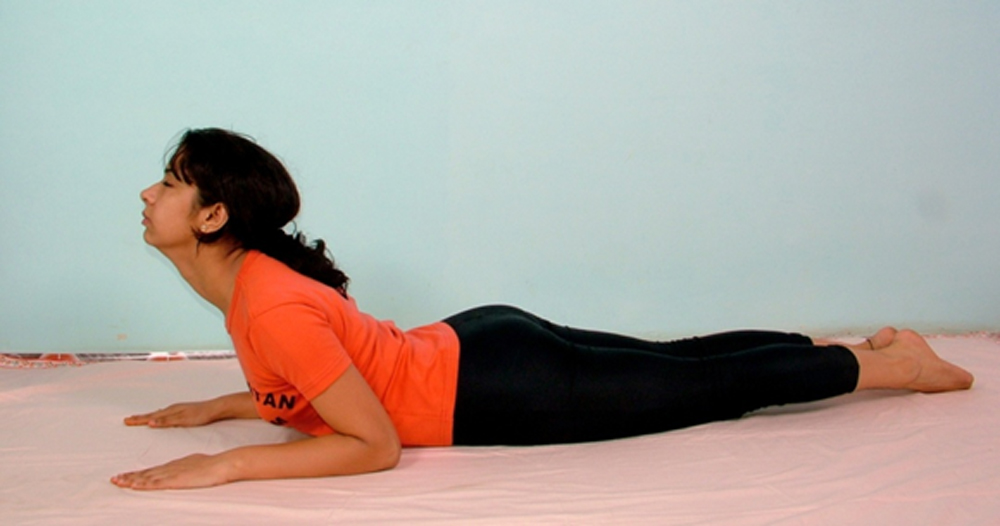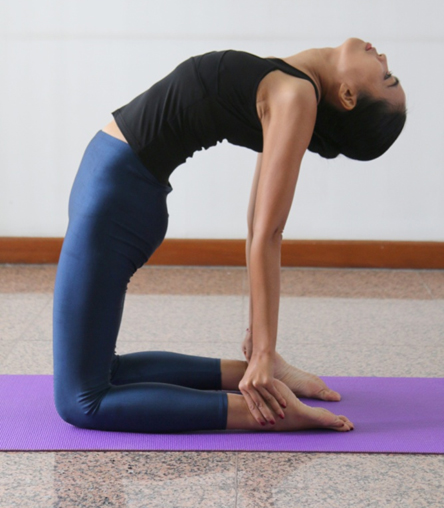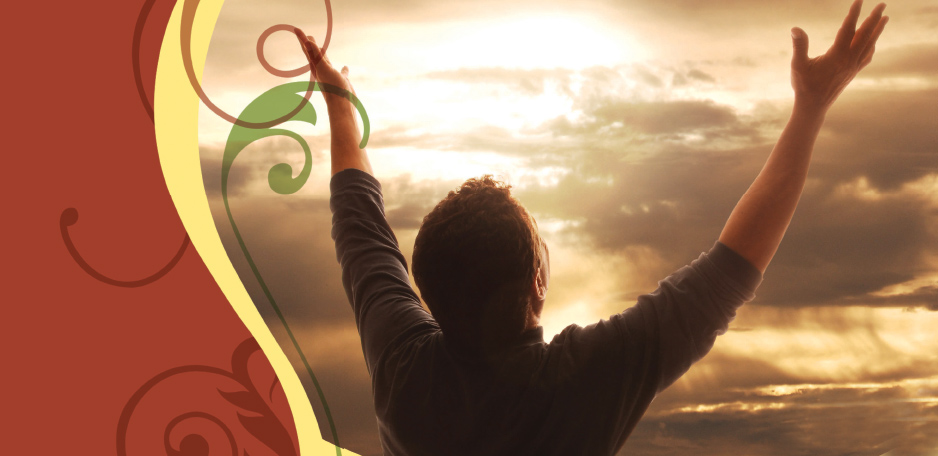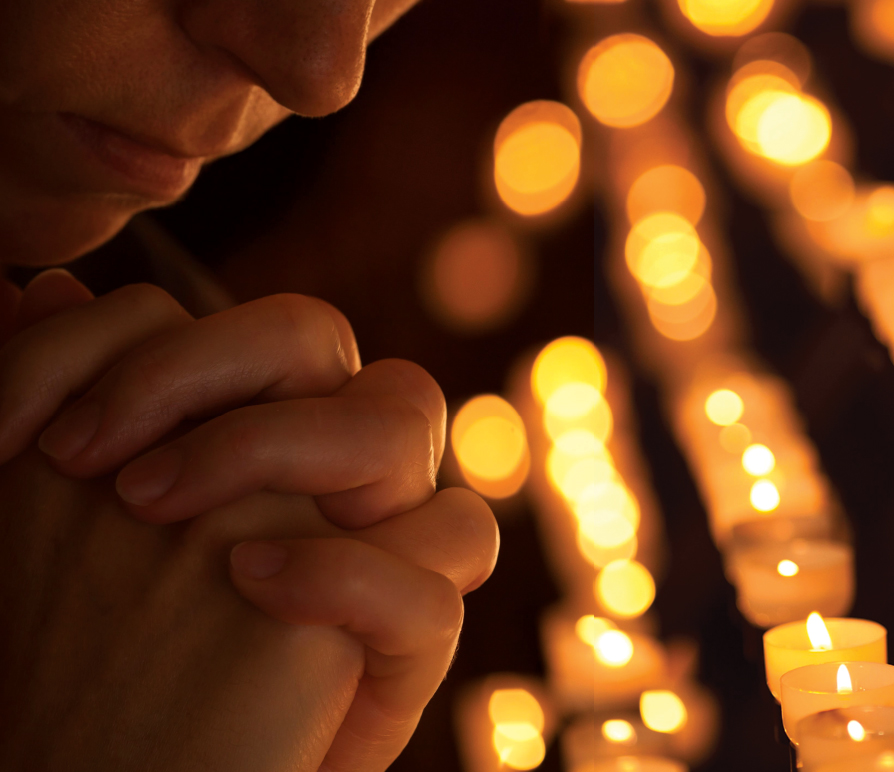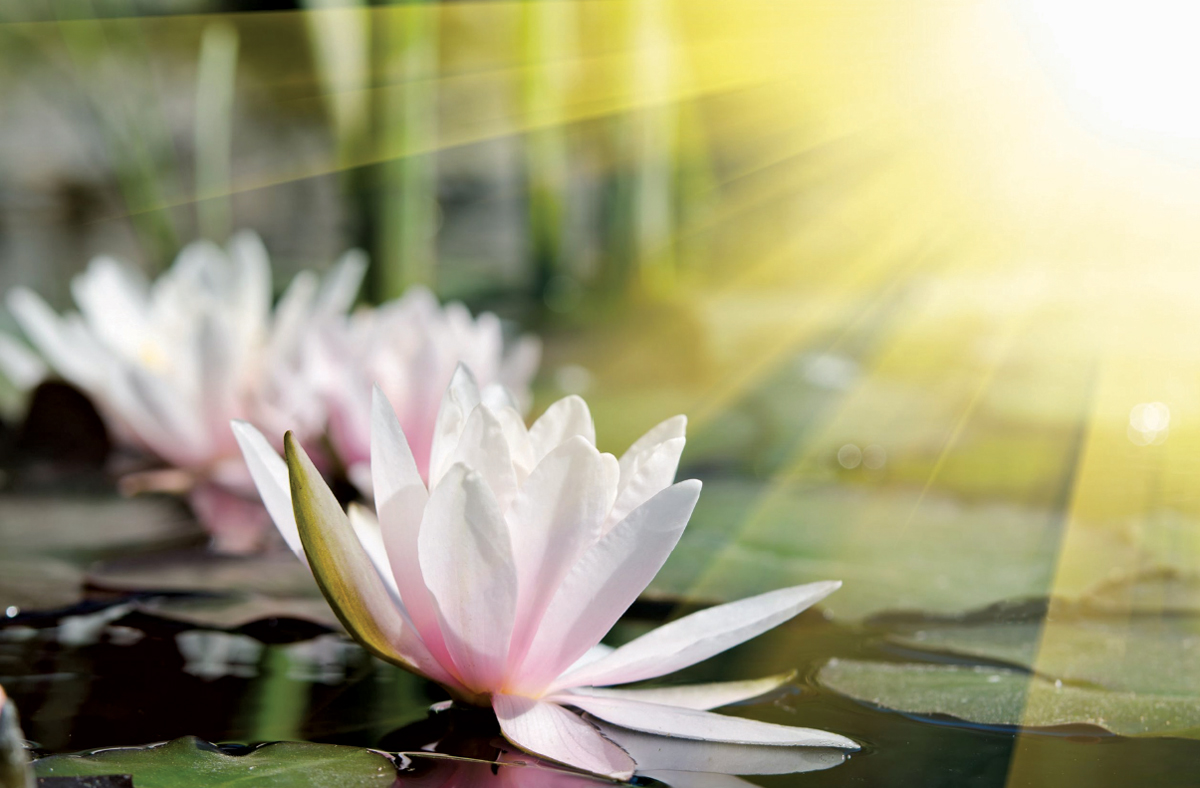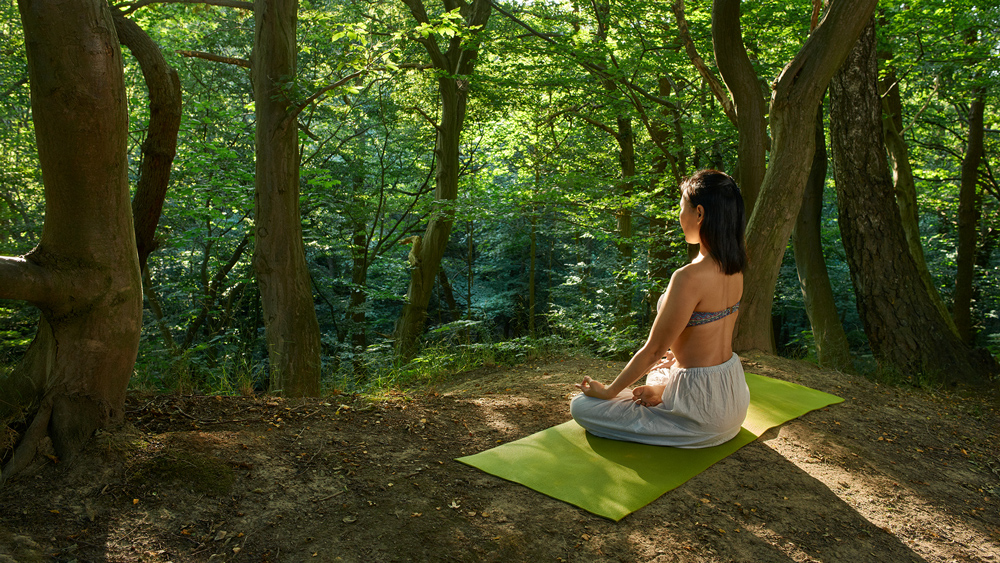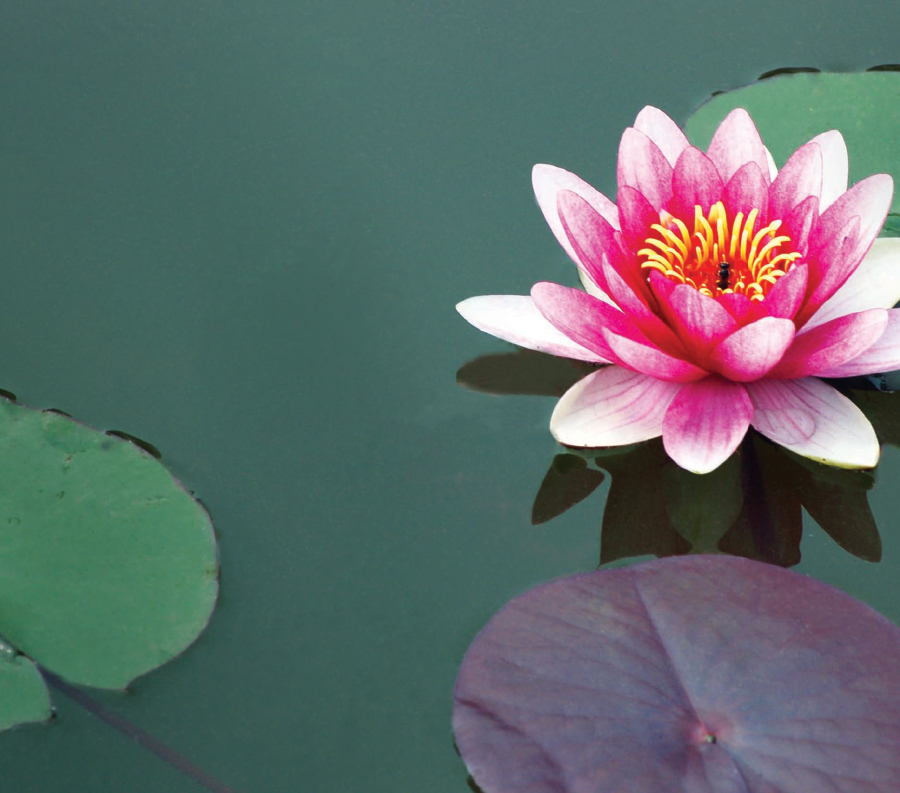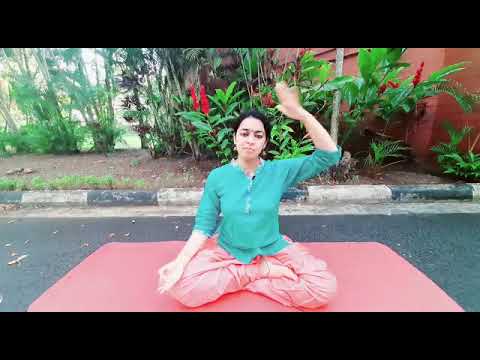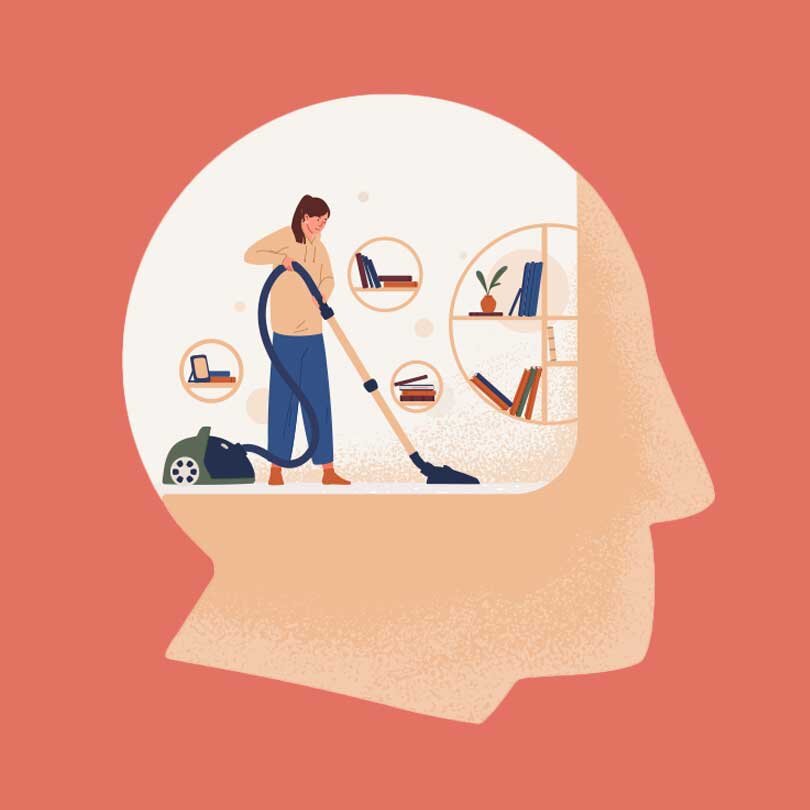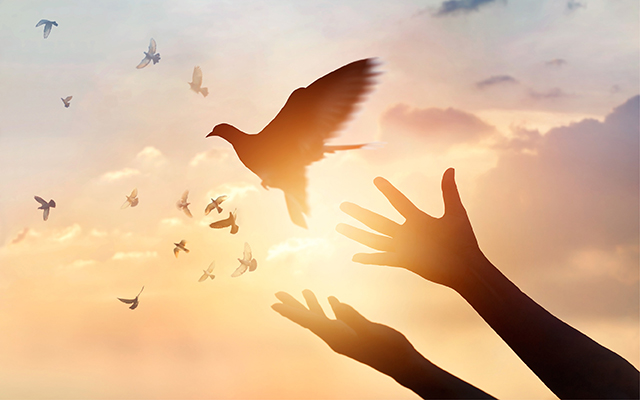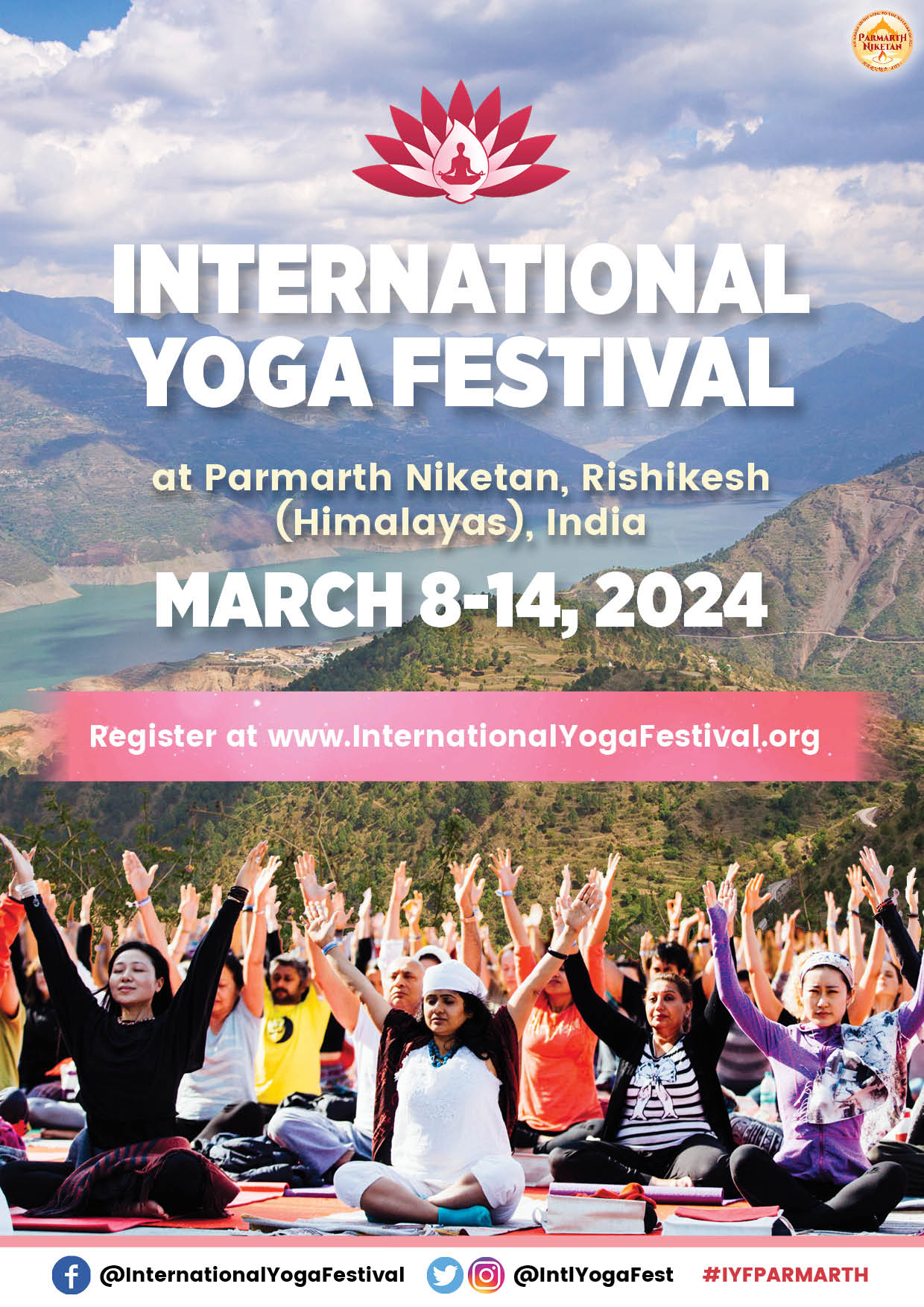In seminars and at work, I notice that relationships seem to be an extremely important topic. To a large extent, they determine if we are happy or upset. It is no surprise that internet sites like facebook are so popular because they really address a need and desire of people to relate to each other. It seems to be the most important aspect of our lives.
Young children, once they have passed four or five years of age, also become acutely aware of the importance of relationships and the need to belong to someone or to a group. As we grow older, we start living in various relationships. It is interesting that the relationship with your mother and father is for the rest of your life even if they have passed away. Many old people are depressed and negative because no one spends time with them, or no one asks for their opinion. They may be the happiest if they are able to share about their life, what they did at work, or in the war.
In Tibetan Buddhism too, relationships are the most important because we belong to this group called sentient beings. Together with animals, we all have a heart, senses, and are busy with surviving and living. In Buddhism, it is said that we should relate to others as if at one time they have been our mother, father, daughter, or son. Whether this is true or not is besides the point. It means that we are so interwoven with each other that if we hurt each other, we hurt ourselves, and the ripples of this hurtful interaction will spread to our immediate environment and then beyond.
Sometimes people wonder why Buddhism doesn’t teach more about relationships, which might have to do with the culture where Buddhism came from. On the other hand, it might be that Buddhism emphasizes being firstly grounded in yourself, to know what you stand for and to have confidence in yourself. In Buddhism, it is essential to become friends with your experience. Once such friendship is established, we treat each other as equal and with respect. If you befriend your own experience, it is impossible to be violent to others because your mind is full of friendship, acceptance, and interest. It is then that we can open up to others. However, we need to be careful because the way we often relate to others is based on “like” and “dislike” and that’s tricky because people we loved in the past, we may hate now. The people we dislike now may become our best friends when we are in a difficult situation together, and we need each other for survival. So the importance of relationships in our lives, in Buddhism, is not too much and not too little. Don’t over emphasize it and don’t neglect it. Together we can accomplish a lot. By ourselves, not much.
Obviously we make distinctions between family, partner, friends, colleagues, strangers, enemies but healthy relationships start with inner confidence, faith that your life is important, that your actions matter, that you can always make things better. Once you have such genuine trust, you can see that is true for others as well. If you disrespect others, it is because something inside you is not functioning well. You may have contracted from events in the past but basically you have come to mistrust people because ultimately you are not trusting yourself. You may trust your success but that’s not the issue here. Can you trust your integrity, your own dignity? If you do that, it’s a natural consequence to respect others. So a healthy relationship is based on inner confidence and respecting the other person. That may all be too theoretical.
If you ask, “What’s the most essential thing for a healthy relationship?” It is the willingness to listen to the other and not react to what you hear. When we truly listen, we can hear where the other person is coming from and that he/she may be afraid. So, number one is to listen to the other person. Number two, is to ask each other, “What is your need?” As soon as you start to talk about the other, like “you should do this” or “you make me upset when you do that,” you’ve lost ground.
You need to relate from primary feelings which means what is important to you, what is it that you value and would like to establish. Healthy relationships are the willingness to create the conditions for what you value together or what you want to accomplish together. This is not a simple meeting around the kitchen table or in the office or during a barbeque. But relationships become healthy when you follow up and follow through. When you say what you do and do what you say, together.
Traditionally, a healthy relationship is based on love, compassion, equanimity, and joy. This is pretty advanced if you want to practice them all together. What is your overarching positive thought as you’re relating to others? What is true for this particular moment or specific meeting or for the life or community you are building together? You can always refer to this.
Maybe the best question to ask each other is, “What would be a healthy relationship?” Without answering it, test your actions – what you’re about to say, what you’re about to do, does that meet the standard of a healthy relationship? Poor relationships always indicate low levels of awareness, ignorance, and wallowing in grasping and aversion. Ultimately, you are both partners at this particular moment in time and space. Each one is free and on their own journey. Ideally, we help each other become free and strong.
What does that mean in daily life? It means that I encourage you to develop your talents and to do what you love in the short and the long term. A good relationship is characterized primarily by joy and by valuing what the other has to say.
![]()
Isn’t it true that most people in relationships do not feel free? What happened along the way? We were so happy to meet each other. We were so thrilled to be with the other. We felt so good within ourselves when we were loving the other. These feelings could come from being needy or afraid. But more likely, they come because you were momentarily really open. In that openness, you will meet others who are important for you. Theoretically, we are always in transition so we can always have intimate contact. But by the way we live, we ignore the fact that we are actually in transition, that every moment we are at a juncture on the road, that we can choose.
Our best relationships happen when we realize we are in transition. Soon thereafter, we begin to react to the other person. In my opinion, that is the clearest signal you are losing your freedom. One person says something and the other one just reacts to it. You are not really listening; you are not really feeling; you are not really grounded; you are not really caring about the other. Somehow you are challenged because you are afraid. The only reason why we are afraid is because we have lost our ground and the relationship has come from two subjects, two unique beings, two free individuals into a subject-object relationship. I am the subject and you are the object of my experience and vice versa. Whenever there is a subject object relationship which you can recognize by a strong “I” in the center of your experience, freedom is not accessible.
Within Tibetan Buddhism, freedom is the nature of our being so we never lose it. We just don’t have access to it. So when you feel reactive, take a time out. Keep your mouth closed and put your hands in your pocket. Walk around the block or better still, listen to your favorite music, maybe a piece that you danced to together. Read a passage from a book that always uplifts you.
Don’t try to develop freedom or get freedom. You cannot think yourself into freedom. In meditation, you recapture freedom by penetrating layers of experience. When you sit still, you may discover that you’re actually sitting on a layer. Go down, go in it. Wherever you find calmness, penetrate it. Calmness or stillness is the door to inner freedom.
Can you be free within a relationship? What do you think? Really listen to yourself. Can you be free in a relationship? Some relationships, definitely not. You’ve tried it for twenty years and it’s just not possible. So you compromise or you find your freedom outside the relationship. But that is really a loss because you owe it to yourself to be grounded in your freedom and to express it.
People like to live alone and have a partner on the side. That’s relatively easy. But living in the same house and in some cases, working in the same job is an extreme challenge. We may wish it was different, but it’s just hard. You have to find your own niche. Express yourself and then bring your excitement home and be deeply curious in the other. Your freedom is expressed by being interested in the other person and not reacting, and also by being encouraging and trusting. People thrive when they feel trusted and respected.
![]()
Arnaud Maitland, JD and MA, Tibetan Buddhist Philosophy & Psychology, is a senior student of Tarthang Tulku since 1976. An international lecturer, retreat leader, Nyingma teacher, meditation instructor and Skillful Means consultant, Arnaud Maitland brings the ancient teachings of the Tibetan Buddhist Nyingma lineage into the mainstream of contemporary culture and life. Having led hundreds of lectures and retreats in the United States, Europe and South America, Maitland is currently director of Dharma Publishing and Center for Skillful Means and the author of MasterWork – Mastering Time and Living without Regret. www.dharmapublishing.com

